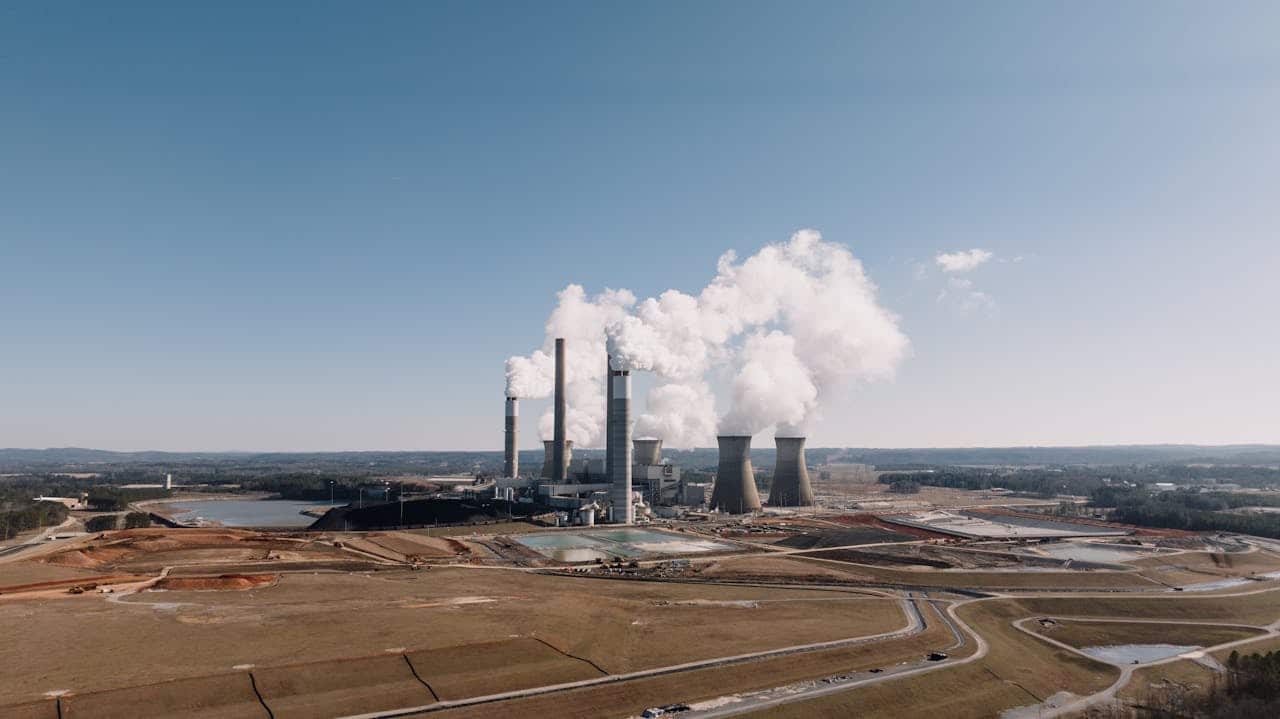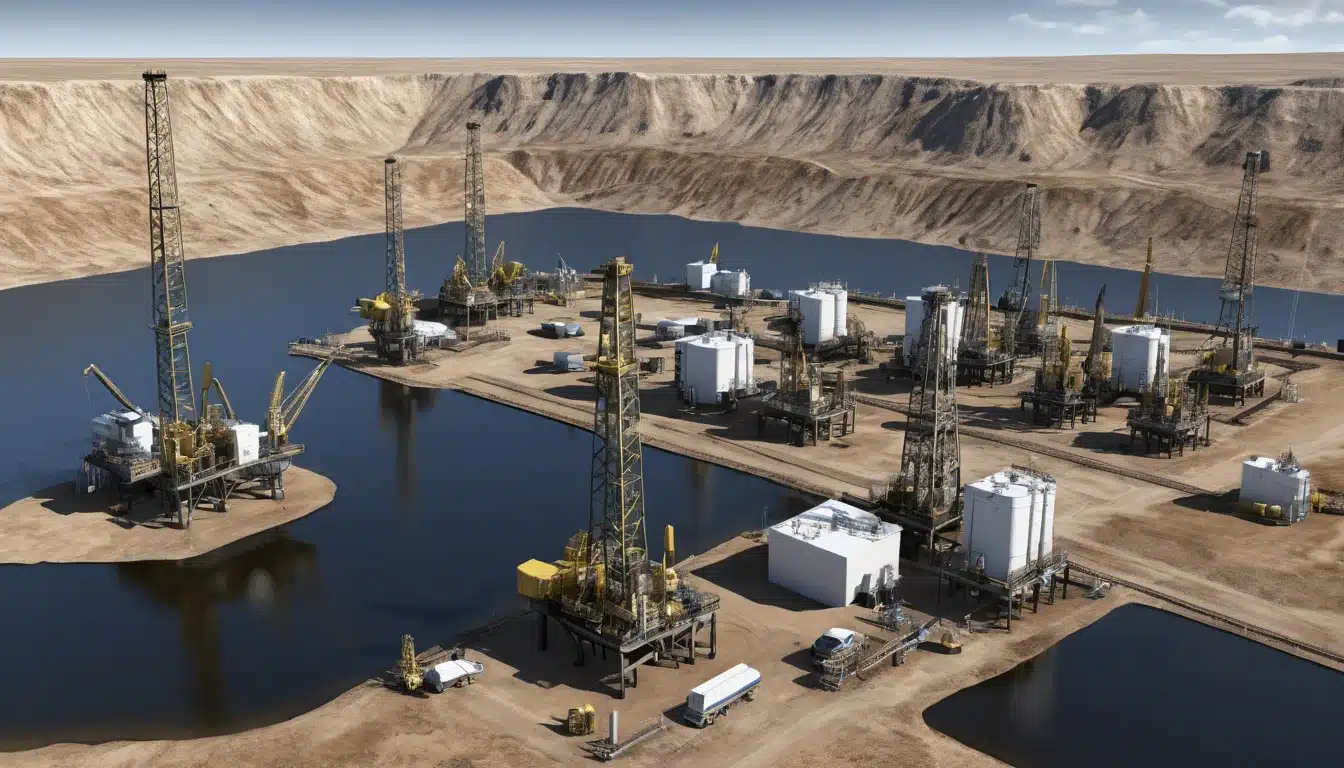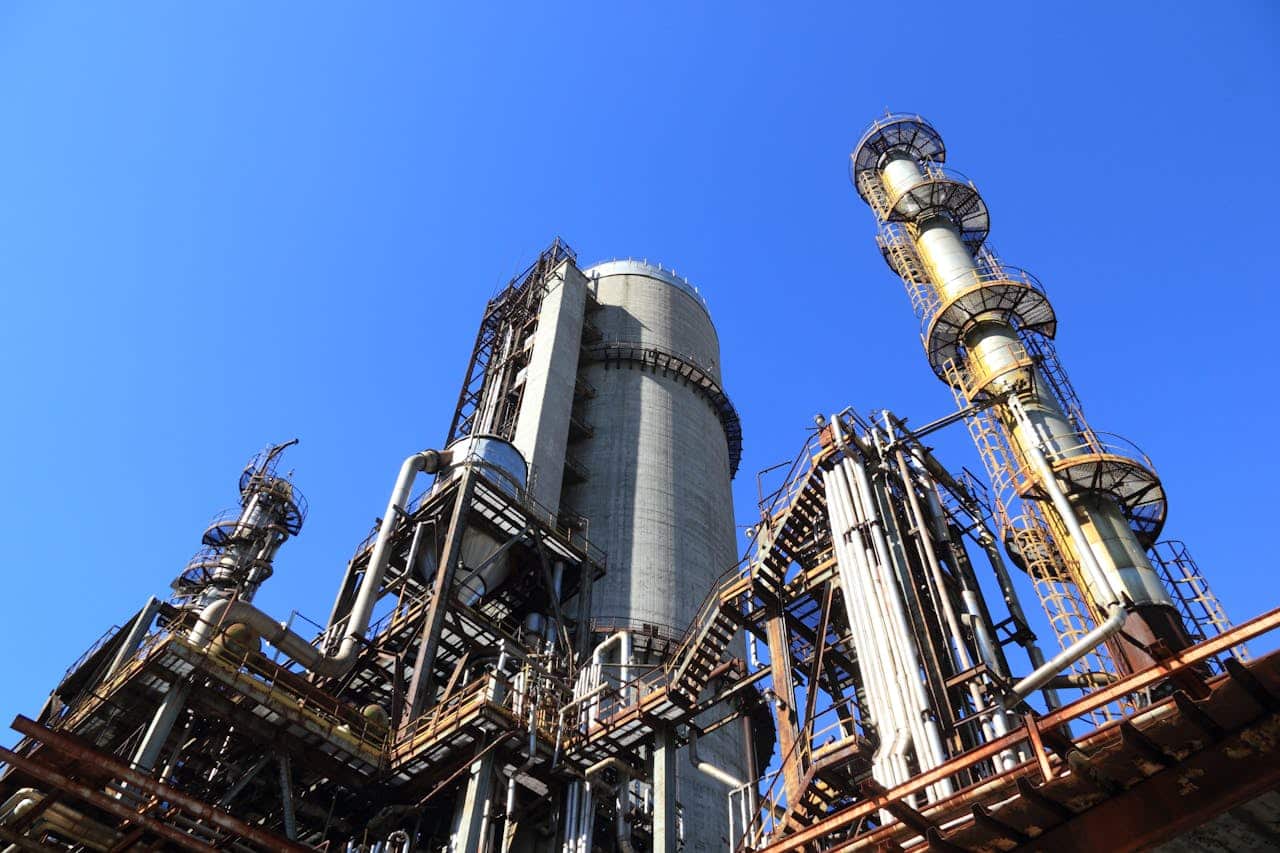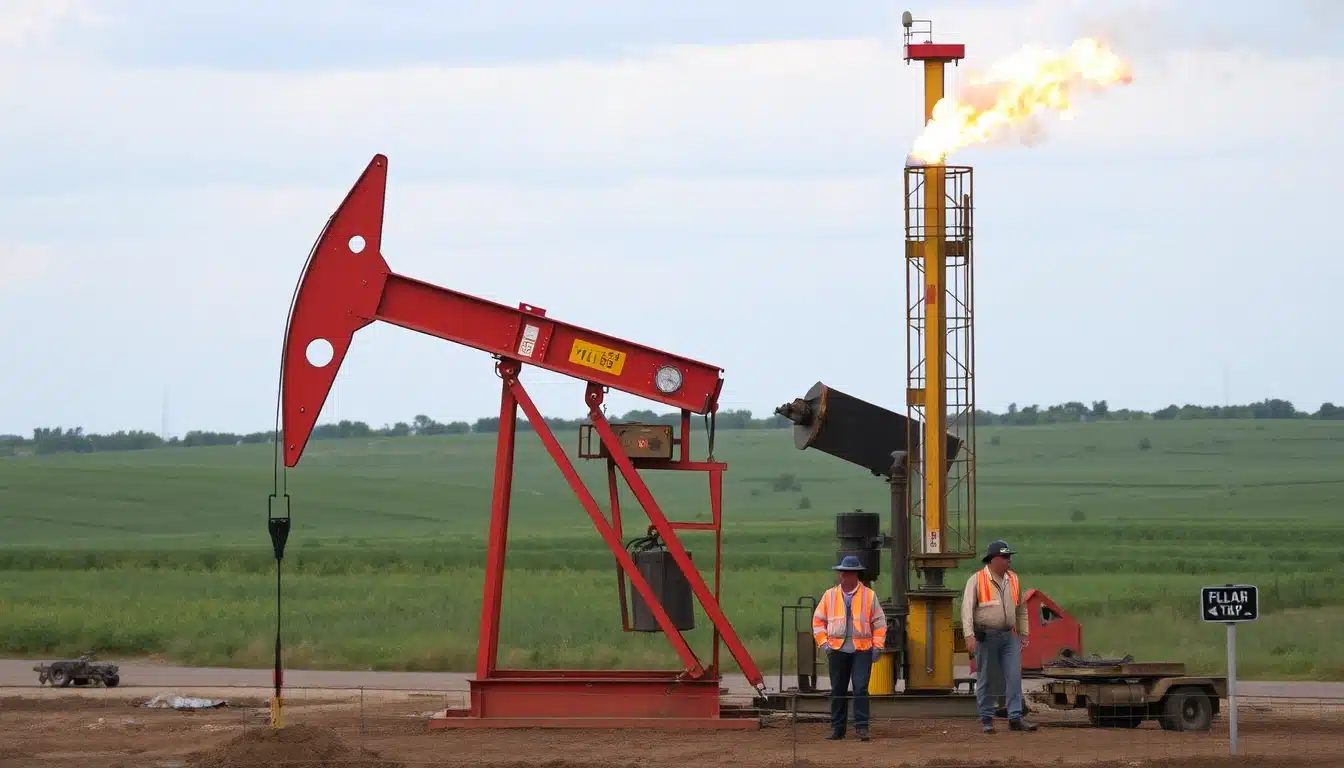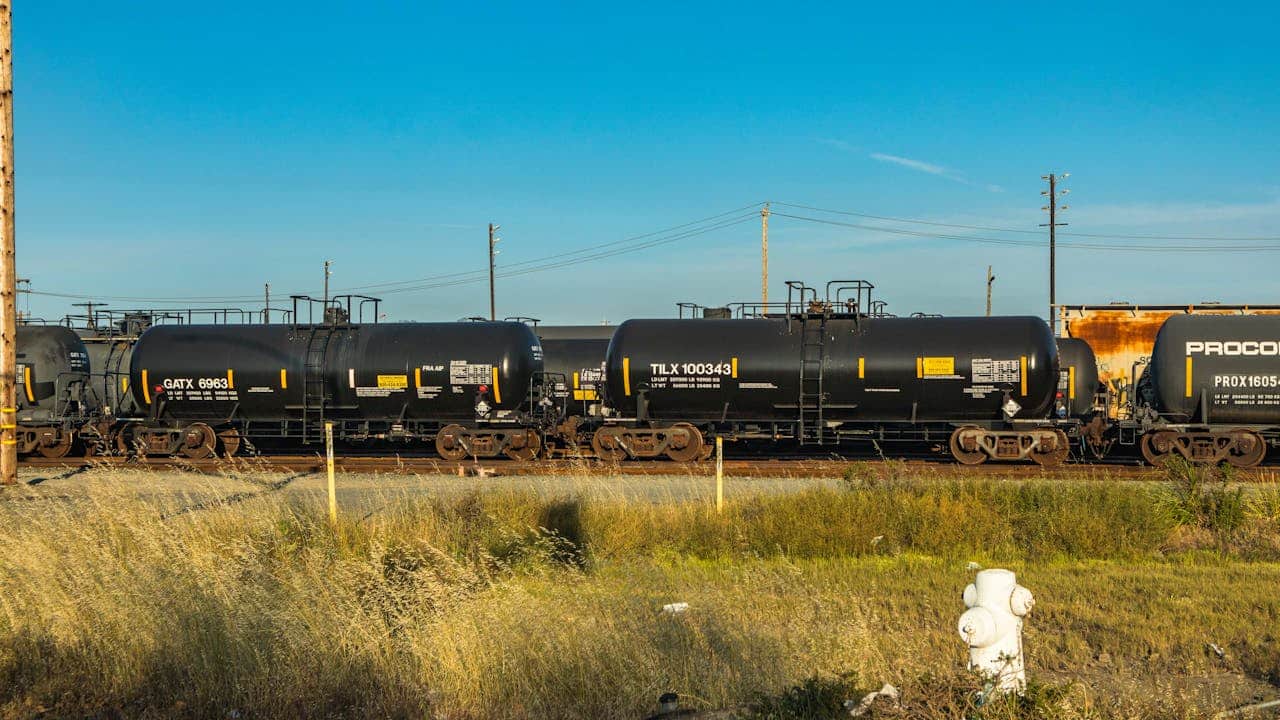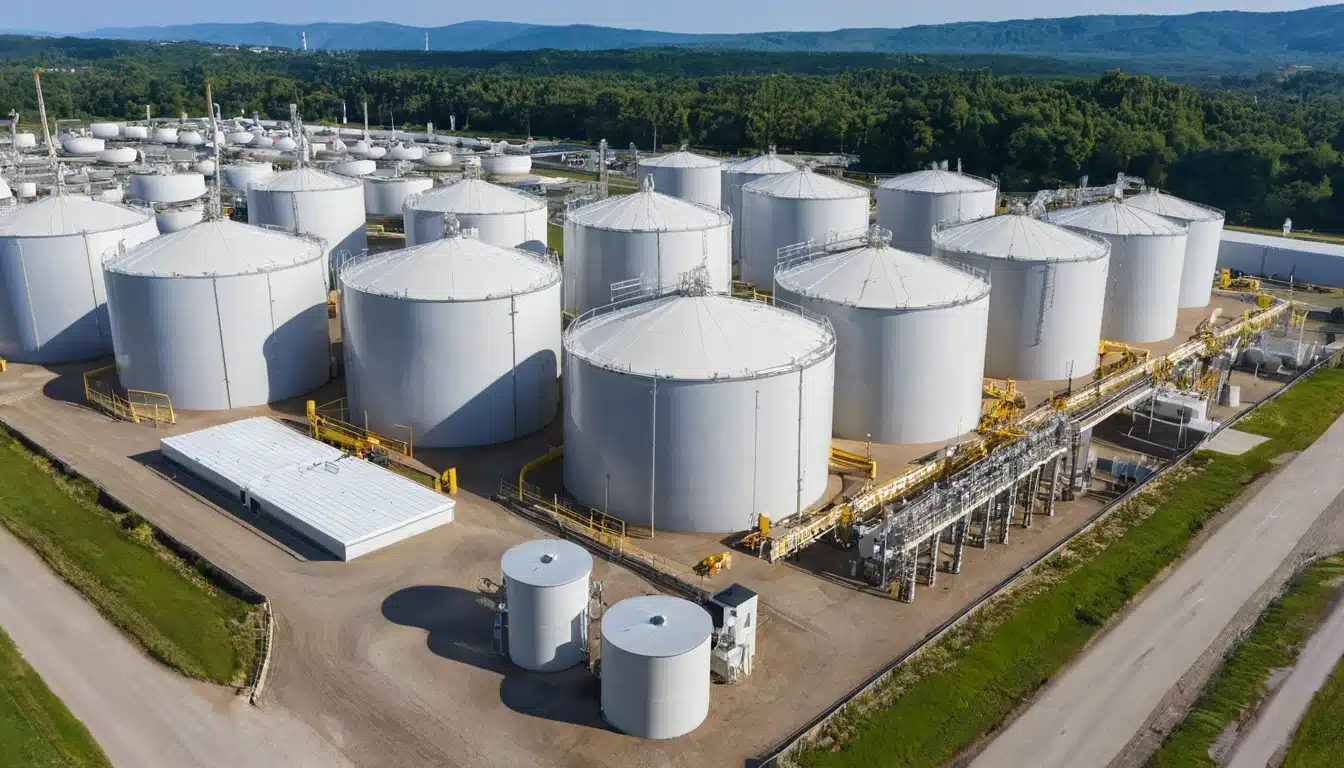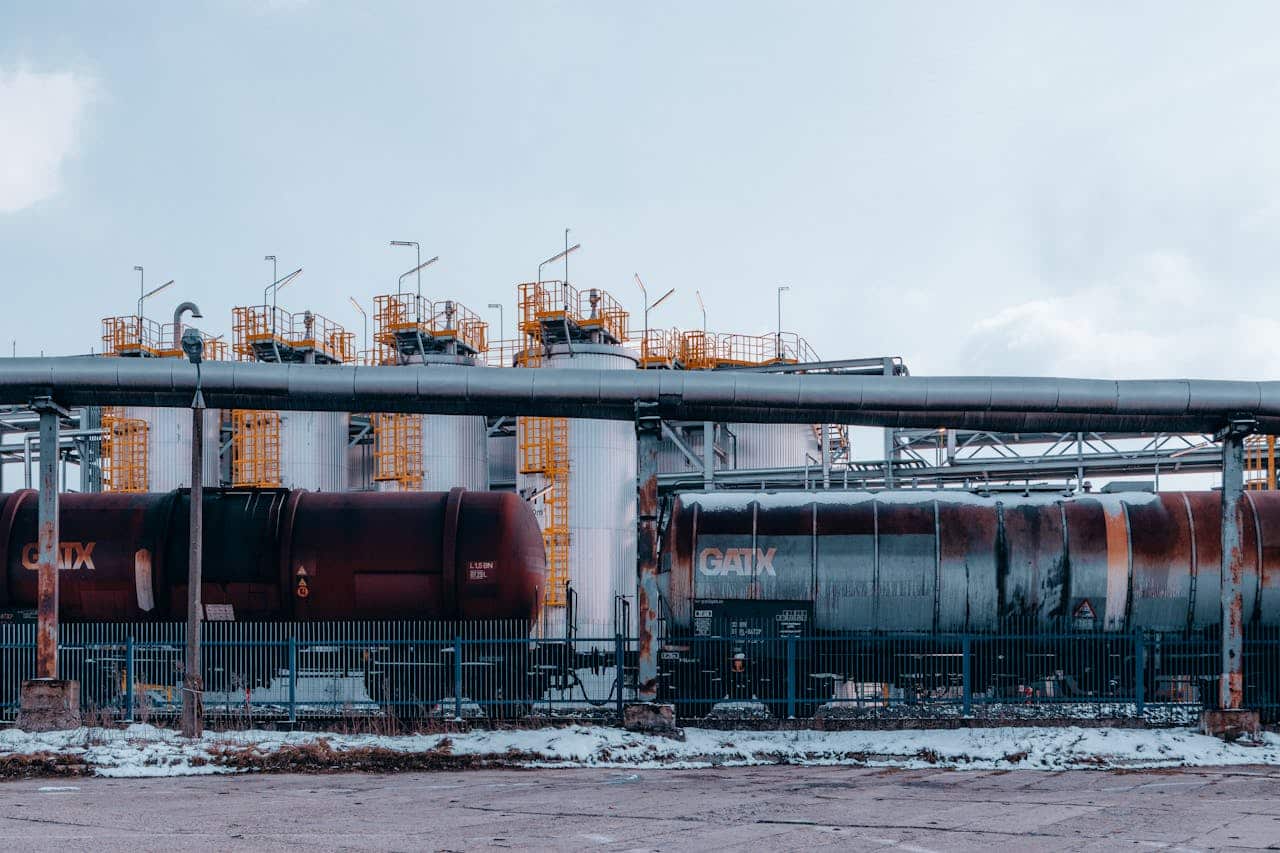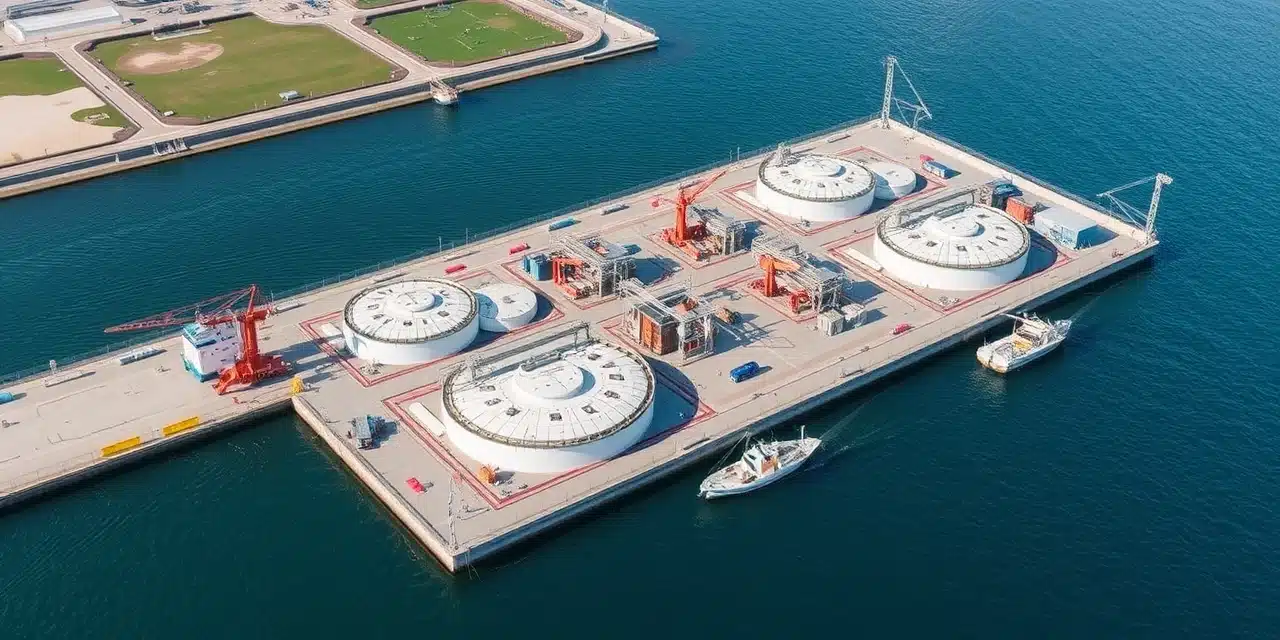Global Downstream Oil and Gas Operations Certification
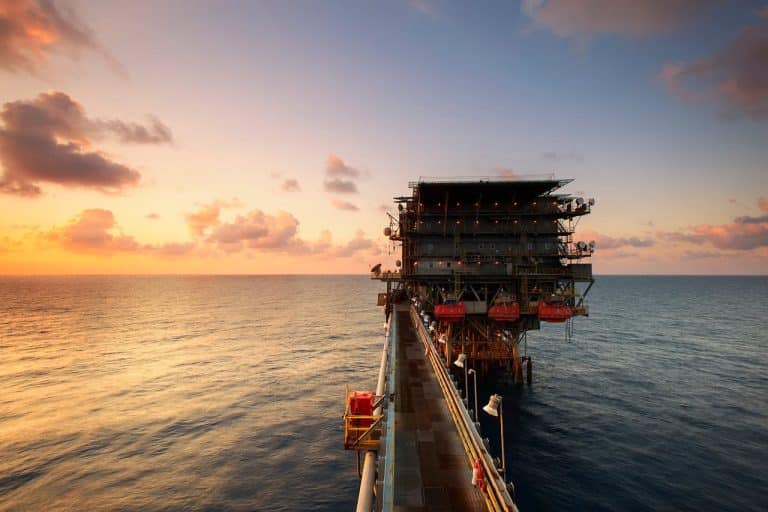
| Date | Format | Duration | Fees (USD) | Register |
|---|---|---|---|---|
| 08 Dec - 10 Dec, 2025 | Live Online | 3 Days | $2625 | Register → |
| Date | Venue | Duration | Fees (USD) | Register |
|---|---|---|---|---|
| 10 Nov - 14 Nov, 2025 | London | 5 Days | $6305 | Register → |
| 08 Dec - 19 Dec, 2025 | Riyadh | 10 Days | $10655 | Register → |
Did you know that in 2016, the Enterprise Pascagoula Gas Plant in Mississippi experienced explosions and fire due to thermal fatigue in a brazed aluminium heat exchanger (BAHX)? This incident underscores the critical importance of proper risk management and process automation in downstream oil and gas operations.
Course Overview
The Global Downstream Oil and Gas Operations Certification by Alpha Learning Centre is meticulously designed to equip professionals with essential skills in managing various aspects of oil and natural gas operations, from refining to distributing and marketing petroleum products. This course focuses on technologies, economics, and environmental considerations related to successful downstream activities management to ensure participants can effectively navigate the complex landscape of the petroleum industry.
Why Select This Training Course?
Selecting this Downstream Oil and Gas Operations Course offers numerous advantages for professionals involved in refinery management, supply chain logistics, and environmental compliance. Participants will gain advanced knowledge of refining processes, automation systems, and oil throughput optimisation. The course provides hands-on experience with virtual simulations and cutting-edge technologies, enabling attendees to optimise their operational efficiency effectively.
For organisations, investing in this training enhances overall operational performance and reduces risks associated with downstream activities. By ensuring that personnel are well-trained in process automation and supply chain management, organisations not only protect their assets but also build sustainable practices. Research shows that companies implementing comprehensive modernisation strategies can achieve significant improvements in both energy efficiency and throughput. For instance, a refinery modernisation project in South Africa led to 30% energy and 20% throughput gains through the integration of advanced process control and efficiency measures.
Individuals who complete this course will benefit from enhanced career prospects as they become more valuable assets in their respective fields. The skills acquired through this training can lead to professional growth and increased responsibilities within their organisations. Studies indicate that with advanced automation technologies, downstream operations can achieve significant improvements in efficiency and cost reduction. For example, a strategic overhaul of fuel distribution logistics in the UAE reduced delivery times by 15% on average and lowered transport costs by 10% in downstream stations.
Transform your downstream operations capabilities – Register now for this critical advanced training programme.
Who is this Training Course for?
This course is suitable for:
- Refinery managers and operations personnel.
- Chemical engineers in the petrochemical industry.
- Supply chain and logistics professionals in oil and gas.
- Environmental and safety officers in downstream operations.
- Marketing specialists dealing with refined products.
What are the Training Goals?
The objectives of this training course are to enable professionals to:
- To master the intricacies of refining and petrochemical processes.
- To leverage technology for improved operational efficiency and safety.
- To navigate the complexities of product distribution and market dynamics.
- To align operations with sustainability and regulatory compliance.
How will this Training Course be Presented?
The Global Downstream Oil and Gas Operations Certification Course employs a comprehensive and innovative approach to ensure maximum knowledge retention and skill development. Expert-led instruction from seasoned industry professionals forms the core of the course, providing up-to-date insights into modern downstream technologies and practical applications for today’s petroleum industry.
The course utilises a blend of theoretical lectures and practical applications, allowing participants to apply their knowledge to realistic scenarios. Advanced educational methodologies create a personalised and engaging learning journey through:
- Interactive online webinars with industry experts
- Hands-on virtual simulations of refining and distribution processes
- Workshops on cutting-edge technologies like IoT and AI in operations
- Collaborative projects tackling real-world downstream challenges
- Unlimited access to an updated resource centre with case studies and tools
Join us now and elevate your downstream oil and gas operations expertise to new heights!
Course Syllabus
Module 1: Refinery Operations and Process Optimisation
- Distillation processes and their optimisation.
- Conversion technologies: cracking, hydrocracking, and coking.
- Catalytic reforming for high-octane gasoline production.
- Hydrotreating for sulfur removal and product quality.
- Blending strategies for meeting fuel specifications.
- Maximizing yield through process integration.
- Energy efficiency in refining operations.
- Waste heat recovery and its impact on profitability.
- Water management in refineries.
- Safety systems in high-risk refining environments.
- Monitoring and control systems for process stability.
- Predictive maintenance using IoT data analytics.
Module 2: Petrochemicals Production from Refinery Streams
- Integration of refining and petrochemical units.
- Ethylene and propylene production from cracking processes.
- Aromatics production and their applications.
- Polymer manufacturing from olefins.
- Specialty chemicals from refinery by-products.
- Material balance in petrochemical synthesis.
- Process safety in petrochemical facilities.
- Environmental considerations in petrochemical production.
- Market trends influencing petrochemical investment.
- Strategies for managing feedstock variability.
Module 3: Advanced Refinery Economics
- Cost structures in refining operations.
- Margin analysis for different petroleum products.
- Impact of crude oil price volatility on refining profitability.
- Hedging strategies for managing financial risk.
- Investment analysis for refinery upgrades and expansions.
- Regulatory compliance and its financial implications.
- Carbon pricing and its effect on refining economics.
- Supply chain optimisation for cost reduction.
- Pricing strategies for refined products.
- Benchmarking performance against industry standards.
- Economic incentives for cleaner refining processes.
Module 4: Product Quality Management and Compliance
- Quality control from crude intake to final product.
- Standards and specifications for gasoline, diesel, and jet fuel.
- Testing methodologies for product assurance.
- Compliance with international and local regulatory frameworks.
- Biofuel blending and its impact on quality standards.
- Additive management for performance enhancement.
- Managing the transition to low-sulfur fuels.
- Quality assurance in the supply chain.
- Traceability and certification of product batches.
- Handling contamination and quality issues.
- Regulatory audits and preparation strategies.
- Future trends in fuel quality requirements.
Module 5: Distribution and Logistics in Downstream Oil
- Pipeline management for product transportation.
- Tanker operations and maritime logistics.
- Terminal operations and inventory management.
- Rail and road transportation logistics.
- Supply chain visibility through IoT.
- Risk management in product distribution.
- Optimization of distribution networks.
- Emergency response and spill prevention.
- Sustainability in logistics operations.
- Last-mile delivery challenges and solutions.
Module 6: Digital Transformation in Downstream Operations
- Digital twins for refinery and distribution assets.
- AI-driven predictive analytics for operations.
- Big data for refining process optimisation.
- Cybersecurity in oil and gas networks.
- Blockchain for supply chain transparency.
- Automation in refining and logistics.
- Cloud computing for operational data management.
- Smart sensors for real-time asset monitoring.
- Digital platforms for collaboration across the supply chain.
- Change management for digital adoption.
Module 7: Refinery Turnarounds and Maintenance
- Planning and scheduling of major turnarounds.
- Maintenance strategies for operational continuity.
- Safety protocols during shutdowns and startups.
- Resource allocation for major maintenance projects.
- Post-turnaround performance evaluation.
- Outsourcing vs. in-house maintenance decisions.
- Predictive maintenance technologies.
- Managing contractor performance.
- Cost control in maintenance operations.
- Environmental considerations in maintenance activities.
Module 8: Environmental Management in Refining
- Air quality management and emissions control.
- Water treatment and reuse in refining.
- Waste management strategies.
- Carbon capture, utilisation, and storage (CCUS).
- Life Cycle Assessment (LCA) for refining processes.
- Regulatory compliance with environmental laws.
- Sustainable practices in refining operations.
- Noise and vibration control in refineries.
Module 9: Market Analysis and Product Strategy
- Global and regional market trends for refined products.
- Consumer behaviour analysis for petroleum products.
- Strategic positioning in the fuel market.
- Pricing strategies in a competitive environment.
- Product diversification for market resilience.
- Impact of electric vehicles on oil demand.
- Forecasting demand for petroleum products.
- Strategies for entering new markets.
- Branding and marketing of refined products.
Training Impact
The impact of downstream oil and gas operations training is evident through various real-world case studies and data, which demonstrate the effectiveness of structured programmes in enhancing operational efficiency and reducing costs.
Research indicates that organisations implementing structured downstream operations training programmes have demonstrated measurable benefits in both operational performance and cost reduction. A case study from South Africa showed that a refinery modernisation project integrating advanced process control and efficiency measures led to 30% energy and 20% throughput gains.
These case studies highlight the tangible benefits of implementing advanced downstream operations techniques:
- Improved refinery optimisation and increased product yield
- Enhanced distribution efficiency and reduced logistics costs
- Increased compliance with regulatory requirements
- Strengthened risk management in downstream operations
By investing in this advanced training, organisations can expect to see:
- Significant improvement in downstream operations performance indicators
- Improved ability to handle complex refining and distribution challenges
- Enhanced decision-making capabilities in supply chain management
- Increased competitiveness through comprehensive downstream strategies
Transform your career and organisational performance – Enrol now to master Global Downstream Oil and Gas Operations!

